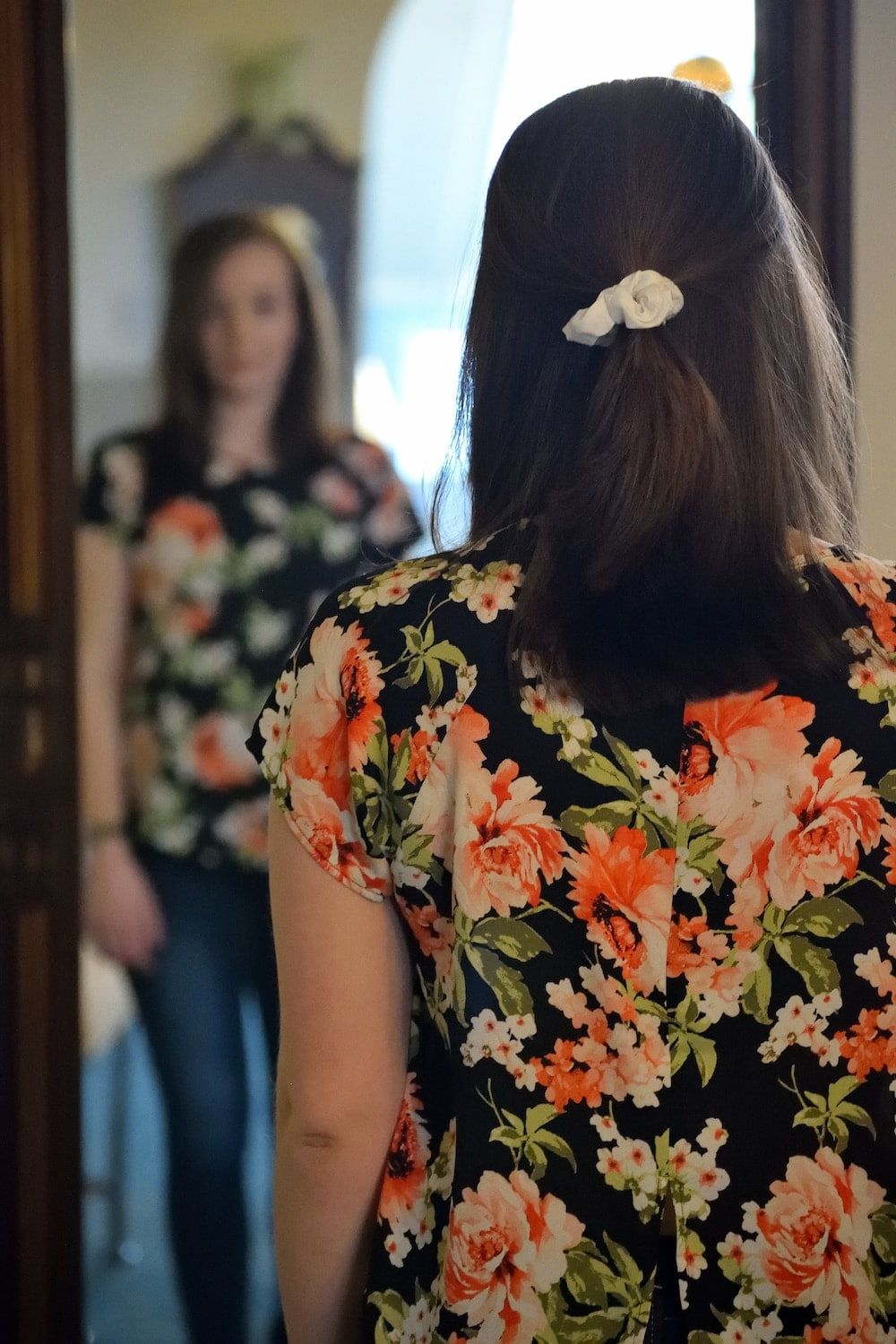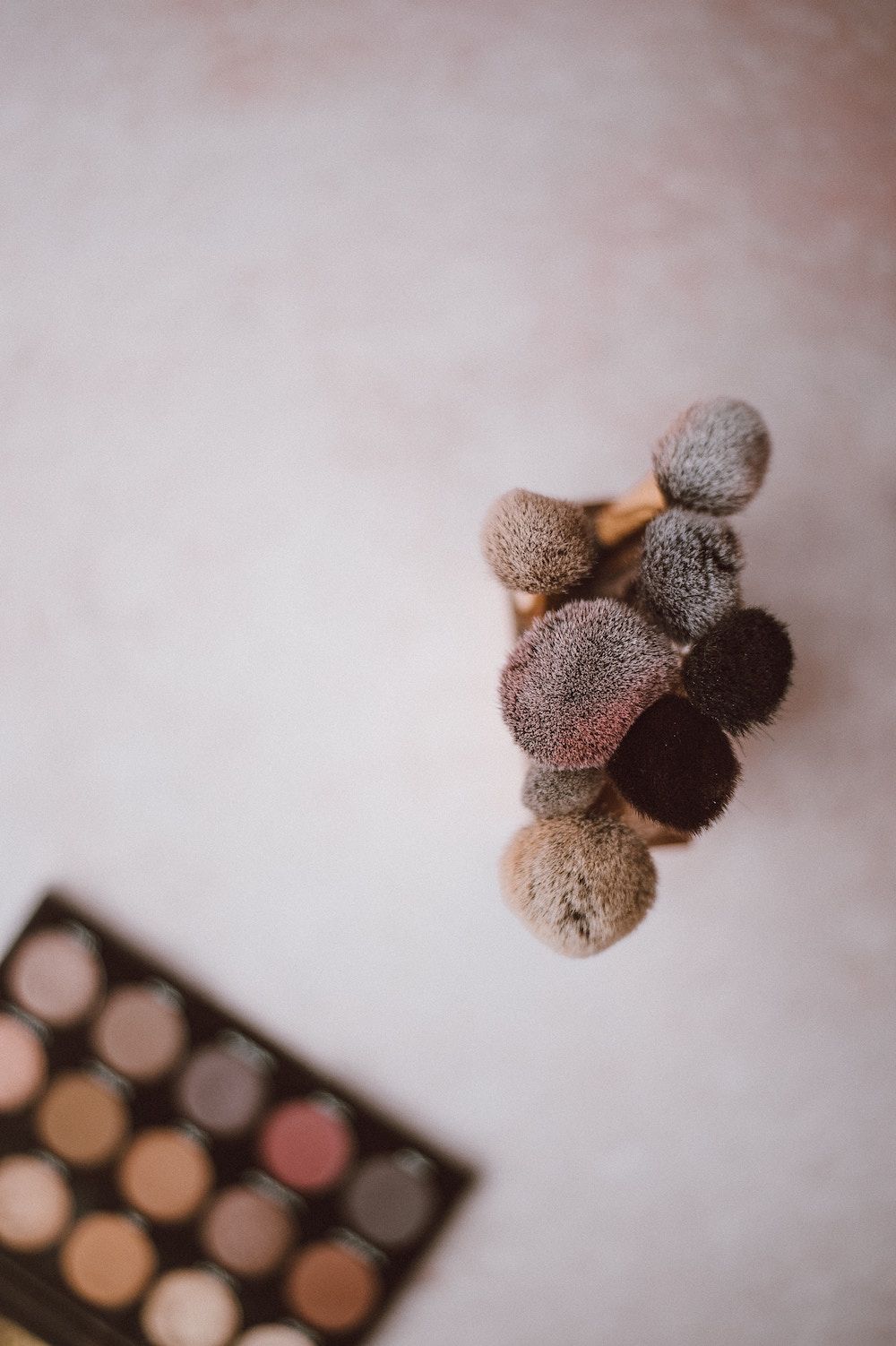Body dysmorphic disorder is a condition affecting around one in 50 people, but how much do you know about BDD? To find out more, we speak to the charity at the heart of the movement to raise awareness for the condition, and the people who have been there themselves
Body dysmorphic disorder (BDD) is a mental health condition where an individual experiences intense anxiety about their appearance. More than just a concern about the way they look, BDD can cause someone to become very distressed about their image and their perceived ‘flaws’, to the point where it prevents them from living a normal life.
As with so many mental health conditions, there is a lot of stigma and many misconceptions surrounding BDD. Here, with the help of the Body Dysmorphic Disorder Foundation, we take a closer look at what it means to have BDD.
What are the symptoms of BDD?
According to the NHS, the following may be symptoms:
• Obsessive worrying about a specific area of your body
• Spending a lot of time comparing your looks to others’
• Looking in the mirror excessively, or avoiding mirrors altogether
• Going to a lot of effort to conceal ‘flaws’, such as with clothing choices or make-up
• Skin picking to make it ‘smoother’

When does being self-conscious become BDD?
Feeling self-conscious about the way we look is something we can all relate to – particularly during puberty. But BDD is very different; it’s a mental health condition that greatly restricts a person’s life. People may feel they can’t leave the house, or may go to extremes to alter the way that they look. Though research is limited, it’s believed that BDD could be genetic, or originate in trauma such as childhood bullying or abuse.
“Most people with BDD are incredibly anxious and fearful that their appearance will shock or repel others,” Kitty Wallace, a trustee of the BDD Foundation, explains. “They may feel that their appearance will be an embarrassment or a let down to their family and friends. The disorder comes from a deep and distressing anxiety rather than vanity.”
Who does it affect?
The short answer is anyone at any point in their life. That said, BDD usually begins in late adolescence – although the BDD Foundation notes that it can take up to 15 years before a person seeks help from a mental health professional.
While the area of concentration will depend entirely on the individual, the BDD Foundation identifies some of the most common complaints as the skin, nose, hair, eyes, genitals, breasts, and overall body build.
Help is out there
The good news is there are a lot of options for treating BDD. More severe cases can be treated with SSRIs – a type of antidepressant – while others may find cognitive behavioural therapy helpful.
Often, there is a lot of comfort to be found in coming together to talk about a problem that we share with others, and so the BDD Foundation host several support groups around the country – as well as online groups over Skype, where people have the option to use their camera or not.
A way forward
For the thousands of people in the UK who live with BDD, the condition can be debilitating. But the good news is help is out there.
For the BDD Foundation, awareness is at the heart of what they do. And it is their hope that by continuing this education and conversation about the disorder, together, we can end the stigma that prevents people from seeking the help that they need.
Kitty's story
“I have always been self-conscious and a perfectionist, and this trait moved towards my appearance in my teens.
“I felt I didn’t fit in with my peers, and that I was ugly and repulsive to others. I assumed that my friends and family would be embarrassed to be seen with me, and I didn’t want to let them down.

“I tried to improve my appearance, and would spend hours applying make-up, picking at my skin, styling my hair and choosing my clothes, hoping I would be able to solve the ‘problem’ of my appearance. At the time, I didn’t realise that the problem was psychological.
“It wasn’t until my gap year when I was hardly leaving the house that my parents learned about BDD through a documentary, and contacted the BDD Foundation. Without the Foundation, I probably wouldn’t be here today.
“BDD is so incredibly isolating, distressing, and disabling that at the time I couldn’t see a light at the end of the tunnel. The more I tried to improve my appearance, the worse I felt, and the more problems I would find. It was only through cognitive behavioural therapy that I began my road to recovery. It’s been a bumpy road (I had a relapse of BDD in my late 20s), but I now feel very happy and fulfilled in my life, which is something I never thought I would experience. I hope that anyone who reads about BDD and relates will feel able to reach out for the help they deserve, and know that recovery is possible.”
Kenny's story
“It was the early 70s when it started. Part of it was moving from a refugee camp to a community that was all white, so being a different colour to start with. Then around puberty there were issues with hair, and embarrassment about a change in my physical body.
“The thing that was devastating was that I had inverted nipples until my early 30s. I never went topless, I never even wore T-shirts. I wanted to be invisible, I didn’t want people to see me in any way. I avoided changing rooms like the plague, I avoided all sports, especially swimming or physical contact. I used to have notes that I would save to get out of sports at school, and it would be traumatic every week to get out of it.
“Eventually, I realised I wasn’t alone, and I did get past it in my 30s. But it was bad enough that it demanded self-loathing throughout my life, to the point of suicidal thoughts. Recently, I was sent a photograph by my cousin from when we were forced to go to the beach by my uncle, and I was shocked to see that I looked normal, where in my memory I was a blob. It was shocking to see that.”
Today, Kenny runs MenSpeak men’s groups, in London and online, where men can come together, talk, listen and grow. To find out more, head to mensgroups.co.uk
Visit bddfoundation.org for more information, or call the OCD Action helpline on 0845 390 6232 for advice on treatment and emotional support.


Comments